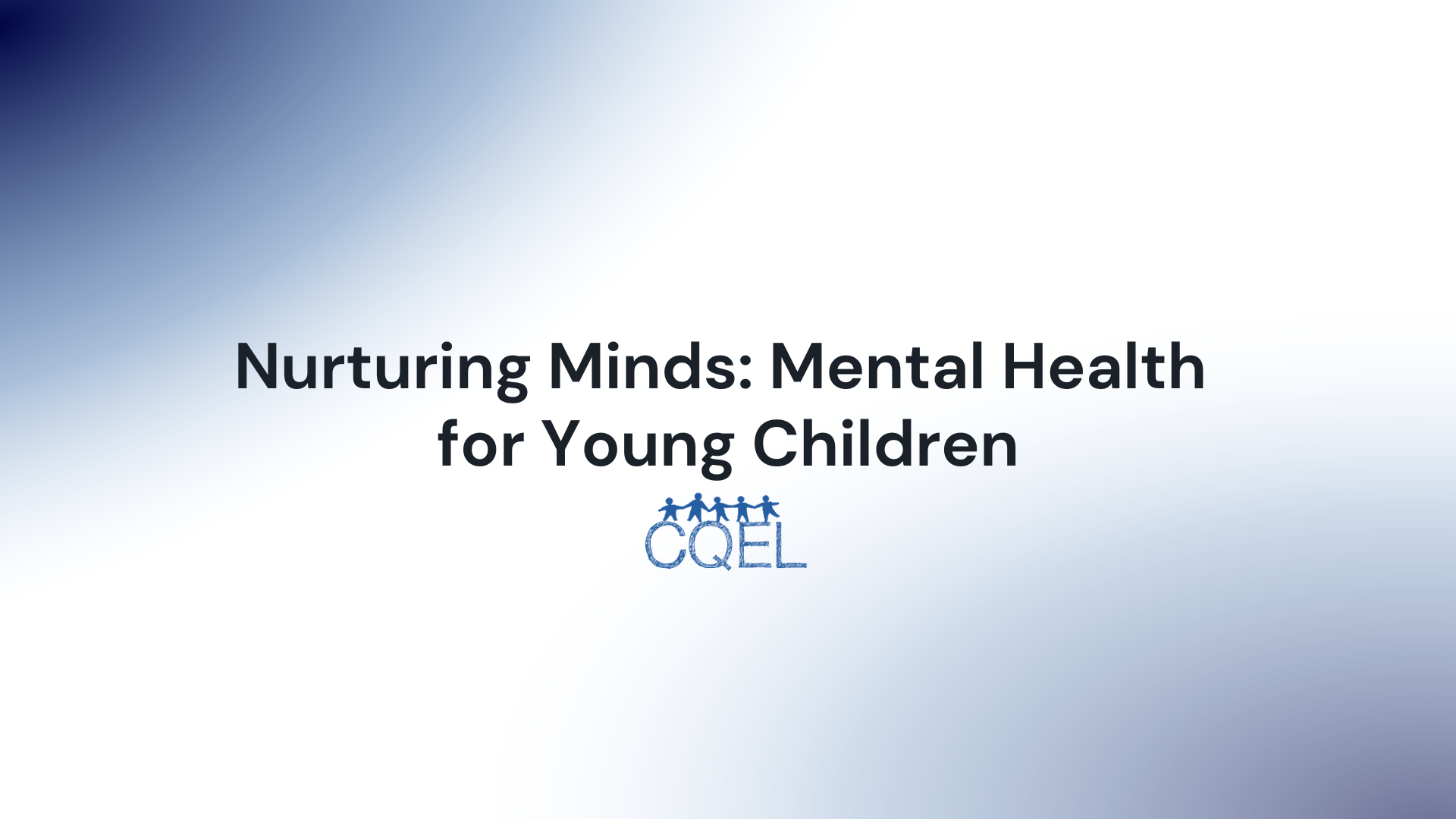Nurturing Minds: Mental Health for Young Children
This article provides a comprehensive understanding and approach for childcare providers in California to foster early childhood mental health.

In the critical formative years of a child's life, the importance of mental health can't be understated. A child's mental health influences their cognitive development, social skills, and overall wellbeing. This article provides a comprehensive understanding and approach for childcare providers in California to foster early childhood mental health.
Understanding Early Childhood Mental Health
Early childhood mental health refers to a child's ability to experience, express, and regulate emotions, form close relationships, and explore their environment. It's not just about diagnosing and managing mental health conditions, but about nurturing a strong, supportive environment for optimal emotional and social development. The Center on the Social and Emotional Foundations for Early Learning offers detailed insights into this.
Recognizing the Signs
The first step in promoting mental health is recognizing when a child may be struggling. Changes in behavior, appetite, or sleep, difficulty in managing emotions, or problems interacting with peers may all be signs of mental health issues. The American Academy of Pediatrics has a useful guide to understand developmental milestones and behaviors.
Developing Emotional Intelligence
One of the key ways to foster mental health in children is by developing their emotional intelligence. This includes teaching them to recognize, understand, and manage their emotions. Emotion-coaching techniques, as explained by the Gottman Institute, can be an effective strategy.
Creating a Supportive Environment
Creating an environment that supports mental health involves ensuring the childcare center is a safe, positive, and nurturing space. This includes positive reinforcement, encouraging social interactions, and activities that promote self-esteem. Resources like the Head Start ECLKC can assist in creating such an environment.
Incorporating Mindful Activities
Mindful activities can help children manage stress, focus better, and develop empathy. Incorporating activities like mindful coloring, breathing exercises, or yoga can be beneficial. Websites like Mindful Schools provide numerous resources to incorporate mindfulness into early childhood education.
Building Strong Relationships with Parents
Childcare providers must work in partnership with parents to support a child's mental health. Regular communication about a child's progress, behavior, and any concerns are essential. Brightwheel offers a communication platform that can facilitate effective communication between providers and parents.
Seeking Professional Help When Needed
Sometimes, a child may need additional support from a mental health professional. If there are concerns about a child's mental health, early intervention is crucial. Providers can refer parents to resources such as the California Department of Health Care Services for more information and support.
Prioritizing Mental Health in Childcare
Understanding and promoting mental health in early childhood is not just the responsibility of parents and mental health professionals. As childcare providers, the role you play is pivotal in setting a foundation for a child's long-term mental health and wellbeing. By implementing strategies that foster a supportive and nurturing environment, we can make a lasting positive impact on the lives of our children.
